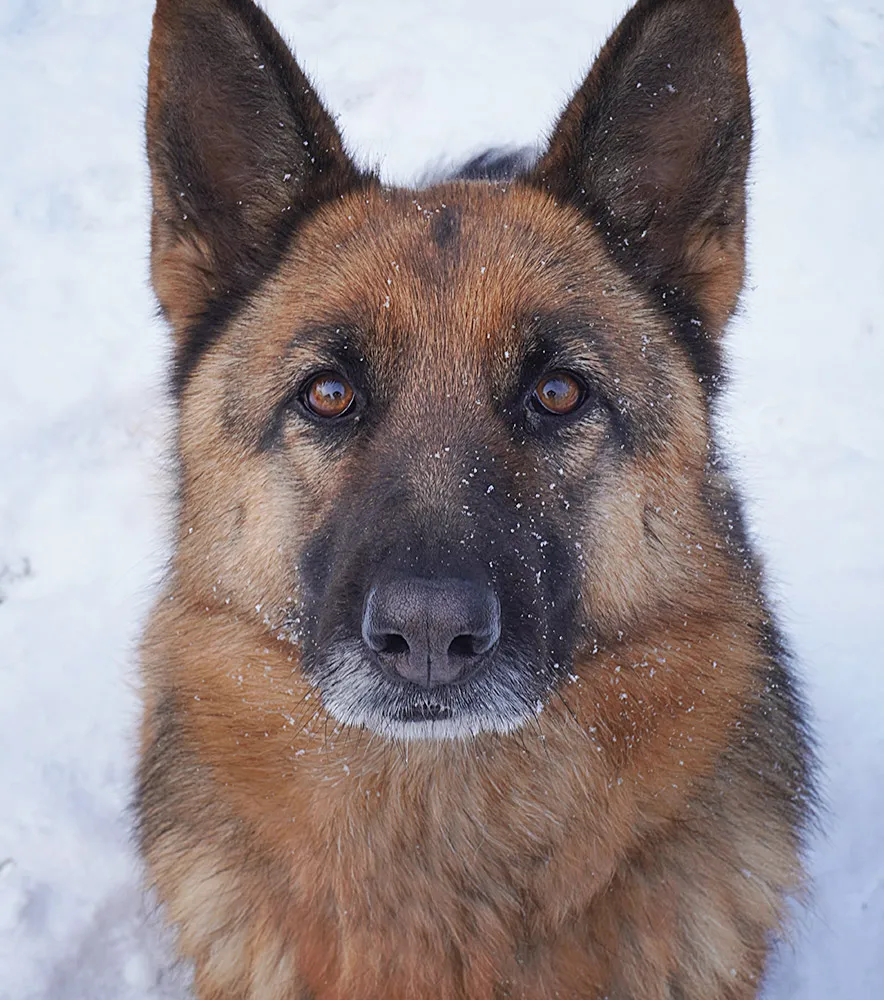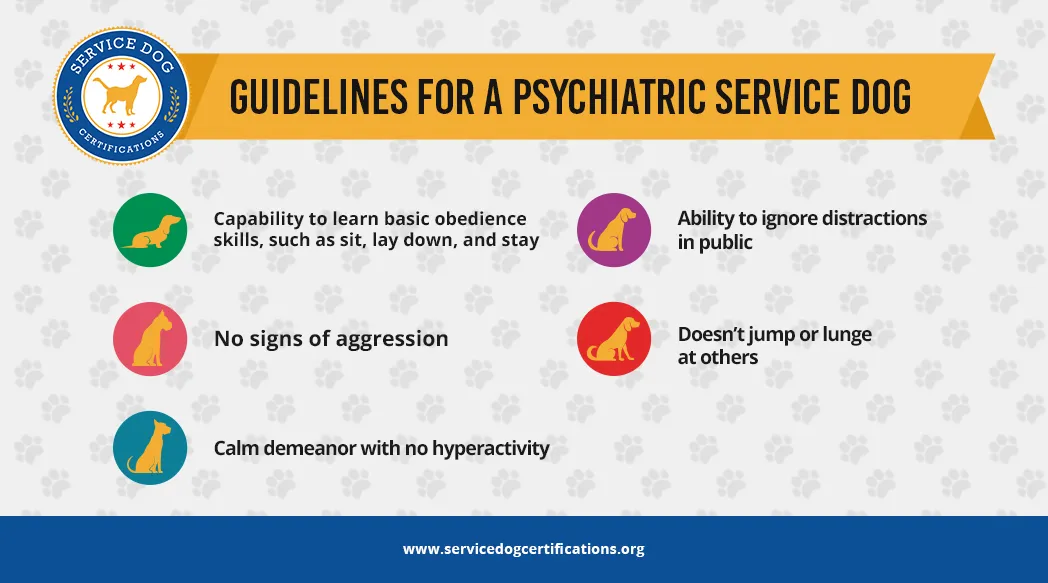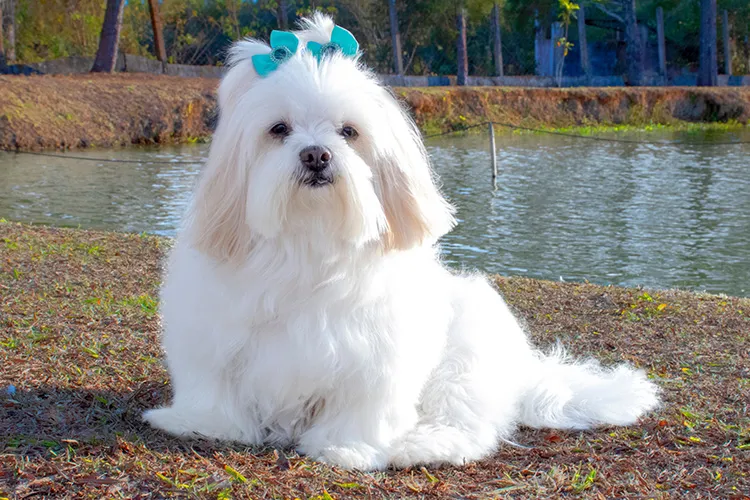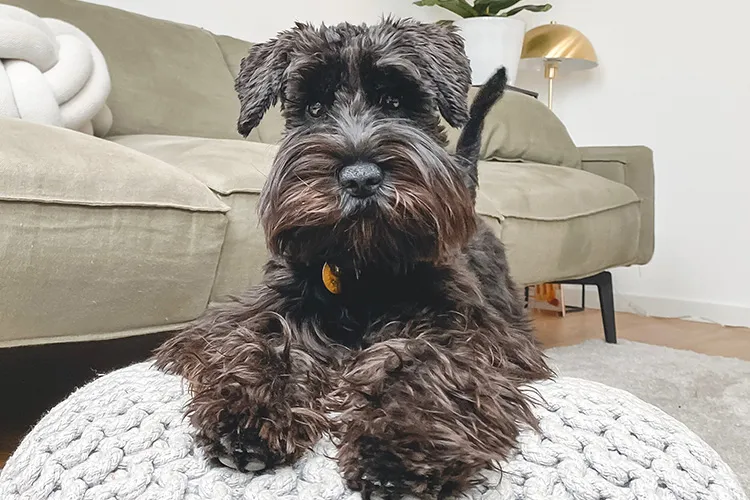Dogs share a unique bond with humans, evolved over thousands of years to provide companionship, loyalty, and emotional support. This deep connection allows them to sense our needs, read emotions, and even perform life-changing tasks. For individuals struggling with mental health challenges, psychiatric service dog breeds offer specialized assistance, helping to mitigate symptoms of conditions like anxiety, PTSD, and depression.
These highly trained dogs, known as psychiatric service dogs (PSDs), interrupt harmful behaviors, provide grounding during crises, and promote daily stability. Not every breed suits this role, but certain ones excel due to their intelligence, trainability, and calm demeanor. If you’re exploring options for mental health support, check out the best service dog breeds for anxiety and depression.
 10 Best Psychiatric Service Dog Breeds overview featuring various service dogs in action
10 Best Psychiatric Service Dog Breeds overview featuring various service dogs in action
Essential Skills of Psychiatric Service Dogs
Psychiatric service dogs must possess cognitive abilities to interpret human cues and respond effectively. Studies show dogs can detect emotional states through facial expressions and body language, making them ideal for mental health support. According to the American Kennel Club (AKC), breeds with high intelligence and attentiveness perform best in service roles.
These dogs undergo rigorous training to execute tasks like deep pressure therapy, retrieving medication, or creating space in crowded areas. Their reliability in stressful situations stems from selective breeding and consistent handler bonding. This expertise transforms them into vital medical aides for those with invisible disabilities.
 Guidelines illustrating key training tasks for psychiatric service dogs
Guidelines illustrating key training tasks for psychiatric service dogs Certified service dog ID card example for registration
Certified service dog ID card example for registration
Top 10 Psychiatric Service Dog Breeds
Selecting the right breed involves matching traits like size, temperament, and adaptability to your lifestyle and needs. Here are the 10 best psychiatric service dog breeds, each praised by experts like the AKC for their suitability.
1. Havanese
Havanese dogs, though small (up to 13 pounds), boast big personalities and unwavering loyalty. Their eagerness to please makes them responsive to training, ideal for detecting mood shifts and interrupting repetitive behaviors. Highly intelligent and affectionate, they thrive in close human partnerships, as noted by AKC breed standards.
 Havanese dog showcasing alert expression suitable for service work
Havanese dog showcasing alert expression suitable for service work
2. Labrador Retriever
Labrador Retrievers shine in service roles thanks to their sharp intellect and steady temperament. They excel with children on the autism spectrum, gently redirecting wandering or self-harm tendencies. Easy to train for diverse tasks, Labs adapt seamlessly to family environments.
For those dealing with trauma, consider the best service dog breeds for PTSD and anxiety.
3. German Shepherd
German Shepherds are renowned for police and protection work, but their calm focus suits psychiatric crises perfectly. Reliable in chaos, they maintain composure and execute commands flawlessly. Their protective instincts translate to gentle intervention during emotional episodes.
4. Lhasa Apso
Don’t underestimate the Lhasa Apso’s elegant appearance; bred as sentinel dogs by Tibetan monks, they remain vigilant and cheerful. Their attentive nature helps monitor handlers closely, providing timely emotional support in various settings.
 Lhasa Apso with flowing coat demonstrating watchful posture
Lhasa Apso with flowing coat demonstrating watchful posture
5. Poodle
Poodles defy stereotypes with superior intelligence and hypoallergenic coats, perfect for allergy-prone homes. They intuitively sense emotional changes, intervening swiftly with trained responses. Available in sizes from standard to toy, they fit diverse lifestyles.
6. Boxer
Boxers offer medium-sized strength with a playful yet vigilant spirit. Eager learners, they bond deeply and remain calm under pressure, making them reliable PSDs. Their good-natured vibe suits handlers needing both protection and companionship.
Explore best service dog breeds for mobility if physical support overlaps with mental health needs.
7. Cavalier King Charles Spaniel
These spaniels exude old-soul serenity, with loyalty that fosters strong emotional ties. Intelligent enough to spot atypical behaviors, they’re especially helpful for depression or PTSD management. Their gentle demeanor ensures soothing presence.
 Cavalier King Charles Spaniel displaying calm and attentive gaze
Cavalier King Charles Spaniel displaying calm and attentive gaze
8. Doberman Pinscher
Dobermans balance toughness with affection, using their robust build for physical grounding tasks. Loyal and trainable, they prevent crises effectively while providing unwavering support.
9. Border Collie
Border Collies possess exceptional reasoning skills, as highlighted by the Border Collie Society of America. Highly trainable, they adapt to complex commands, making them standout PSDs for nuanced mental health interventions.
10. Miniature Schnauzer
Miniature Schnauzers charm with quirky energy and adaptability, popular for anxious youth or autistic individuals. Attentive and portable, they light up days while handling service duties proficiently.
 Miniature Schnauzer highlighting distinctive beard and alert expression
Miniature Schnauzer highlighting distinctive beard and alert expression
Psychiatric service dogs demand breeds with proven traits like focus and empathy. For psychiatric needs, good breeds for psychiatric service dogs expand on these options. Best dog breed for psychiatric service dog details further comparisons.
Why Psychiatric Service Dogs Transform Lives
Beyond companionship, PSDs require task-specific training to qualify under ADA guidelines, distinguishing them from emotional support animals. They enable healthier routines, reduce isolation, and intervene in crises, backed by real-world handler experiences and veterinary endorsements.
Consult professionals for breeding, training, and certification to ensure success. Start by assessing your needs and partnering with reputable trainers.
References:
- American Kennel Club (AKC): Havanese Breed Standard
- Science Magazine: Dogs Reading Human Emotions
- Service Dog Certifications: PSD Training Guidelines
